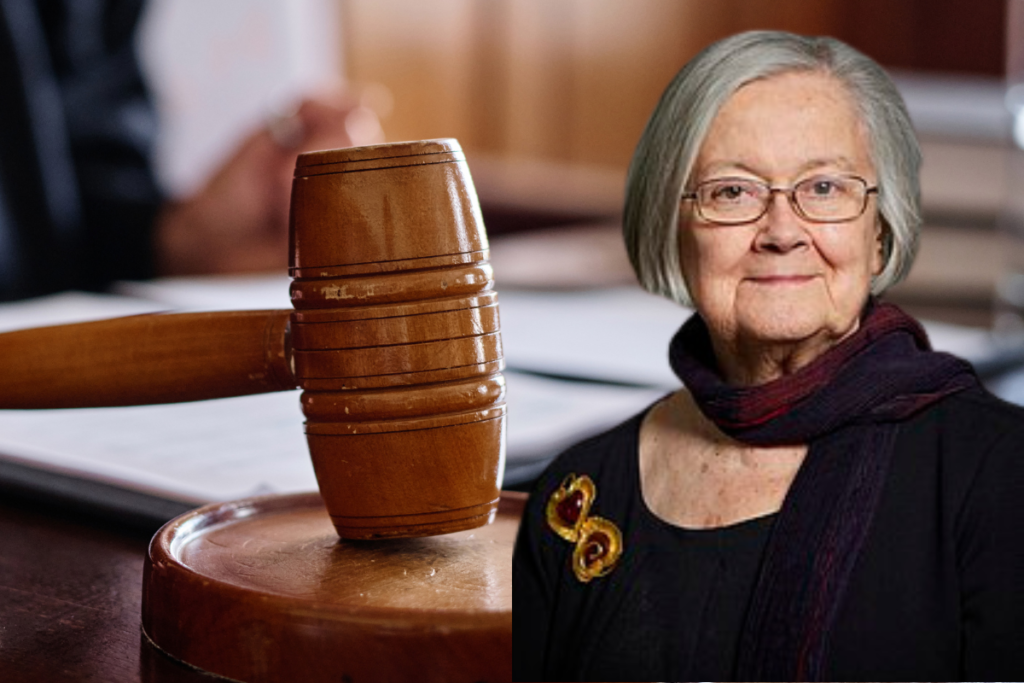In a surprise, 73-year-old ex-Disney analyst, Deborah Violante, has dropped her lawsuit against the company for age discrimination and retaliation. The lawsuit, filed in July 2024, alleged that Violante was unjustly terminated due to her age and a medical disability.
Violante, who dedicated 18 years to Disney, claimed she faced a campaign of discrimination as she aged. She alleged that, after an injury requiring time off, Disney expedited her termination under the guise of a mass layoff. She was the only member of her department let go.
The lawsuit detailed incidents where Violante’s requests for medical leave were obstructed. She also faced age-related remarks, including, “When are you going to retire?” She argued that these comments showed a bias against her age and health.
In May 2023, Violante was told of her termination. Disney called it a retirement, despite her never requesting that. After challenging this classification and citing age bias, Disney offered her a similar position in September 2023. However, she declined, citing fears of continued discrimination.
The decision to drop the lawsuit comes amid talks of age discrimination in the workplace, especially in youth-focused industries like entertainment. Violante’s withdrawal remains unexplained. This case shows the challenges older workers face and the need to address age bias.
The Walt Disney Company, which turned 101 years old in 2024, has not publicly commented on the lawsuit or its withdrawal. The company has previously faced scrutiny over its employment practices, and this case underscores the need for transparent and fair treatment of employees across all age groups.
With an aging workforce and many working past retirement, companies must create inclusive environments. They should value experience and prevent age discrimination.
The resolution of Violante’s case, though not fully detailed, serves as a reminder of the ongoing need to address and rectify workplace biases.
For now, the specifics behind Violante’s decision to retract her lawsuit remain confidential. Her initial claims still resonate. They prompt discussions on how to better support and protect aging workers.



